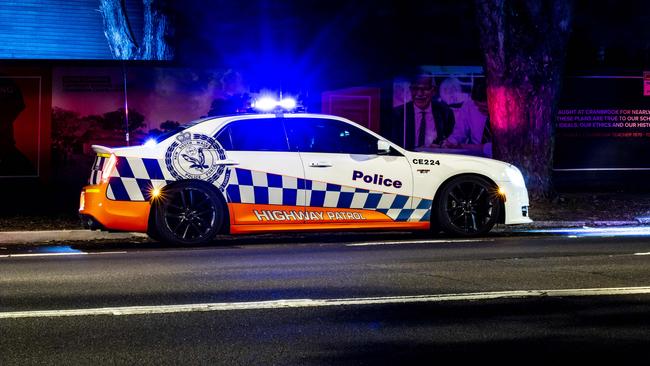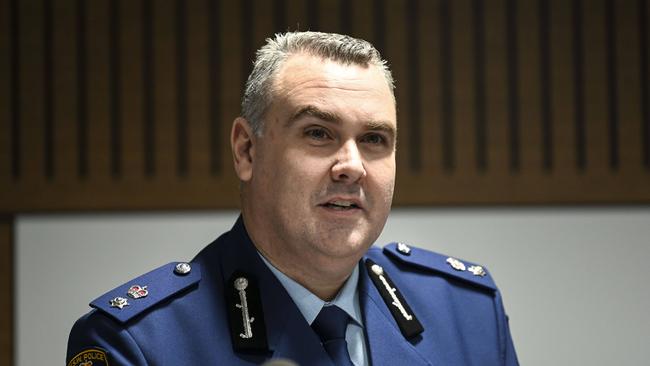Blacktown crime rates: Criminologist Garner Clancey on drop in robberies, thefts
A leading academic says the technological advancements and improved security measures has led to a “remarkable decline” in traditional crimes.
Local
Don't miss out on the headlines from Local. Followed categories will be added to My News.
A leading academic says the rise of technology and improved security measures has seen a “remarkable decline” in crime.
The trend rings true in western Sydney, withNSW Bureau of Crime Statistics and Research (BOCSAR) data revealing robberies in the Blacktown area have fallen, on average, eight per cent each year across the last decade.
Associate Professor of Criminology Garner Clancey said NSW had seen a dramatic drop in some crimes as a direct result of improved security and monitoring.

“There have been some remarkable declines in particular crime types in parts of NSW in recent decades,” he said.
“These falls are similar to those in other countries and jurisdictions.
“For example, it appears that robberies and theft related offences (like burglary and motor vehicle theft) have fallen because of reduced opportunities and improved security. Less cash in circulation, more secure electronic items (through the use of passwords and various forms of biometric recognition) and greater surveillance appear to have played a role in these falls.
“Some of the falls in assaults appear to be linked to improved security and monitoring of licenced venues with poor records in managing alcohol-related violence.”
Crime across the board has declined in the Blacktown LGA in 2021 with only 3862 recorded incidents of crime, down from 4157 in 2020.

Mr Clancey said the reduction in “motivated offenders” was a large reason why crime numbers had declined.
“Broadly, crime rates are impacted by opportunities for crime and the reduction of motivated offenders,” he said.
“Opportunities for crime can be minimised by increased security, a reduction in the value of items or the ability to sell or trade stolen items and the willingness for people to step in if a crime is being committed.
“The reduction of motivated offenders can be influenced by improved economic conditions, improving the quality of parenting, and access to education and employment, which all provide improved life outcomes for people who might otherwise have been attracted to crime or been part of their lives due to crime being committed by their relatives or neighbours.”
However, not all crimes are trending down in Blacktown. In the last decade, the recorded incidents of sexual offences have increased on average 1.8 per cent a year in the Blacktown area with 497 recorded instances in 2012 compared to 706 in 2021.
Drug related offences are also on the rise, up on average 3.9 per cent a year in the last ten years.
Mr Clancy said the recorded rates of sexual assaults had increased largely due to victims being more willing to come forward while drug offences have risen as a result of technological advancements.
“Domestic violence and sexual assault have increased,” he said. “This is partly due to a greater willingness of victims to report crime because there is greater confidence that they will be believed and action will be taken. Some of this is also because of historical cases now being reported or investigated.
“Drug offences often change as particular drugs gain greater popularity and offences committed through the use of technology have been increasing as opportunities rise.”
Mt Druitt Police Area Command detective superintendent Trent King said the collaboration of police commands in the Blacktown LGA, along with early intervention strategies, had led to the decline in crime rates.
“The commands within Blacktown LGA – Blacktown PAC, Mt Druitt PAC and Riverstone PAC – have worked closely together over the past few years to address crime holistically through intelligence based policing of the area,” he said.

“These disruption techniques have been used in concert with ongoing collaboration with internal and external stakeholders in an effort to prevent further instances of crime through early intervention in the community.
“Police will continue to work hard to drive down these crime areas in the Blacktown LGA.”





